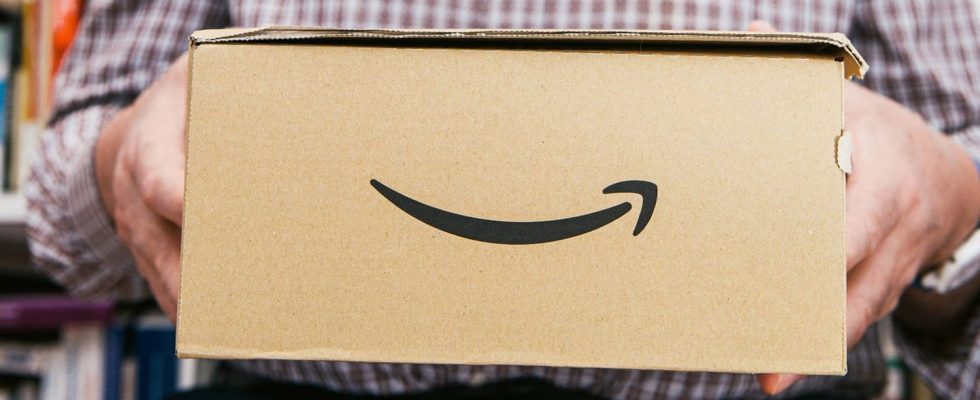Beware of offers that are too good to be true! Facebook pages offer to win unclaimed Amazon packages for just €1.95. Of course, it’s a scam intended to steal your banking details…
Like any good self-respecting social network, Facebook is home to its share of scams – loan offers with a particularly low interest rate, phishing links, romantic or employment scams… It is therefore advisable to be careful when browsing and be wary of too many good deals. Scammers do not hesitate to pose as SNCF, Air France, Action, Netflix or large distribution brands to trap their victims. And as the end-of-year holidays approach, we can see an upsurge in scams of all kinds, as Internet users scour the Web looking for gifts to offer to their loved ones. This is the case of the unclaimed Amazon package scam, which comes back every year. Facebook pages explain that instead of throwing away these packages that no one wants, Amazon chose to organize a charity event and distribute these “surprise” packages to participants for only 1.95 euros. The publications promise significant savings thanks to a game of chance, with very popular prizes: iPhone 13 Pro, Dyson SuperSonic hair dryer, Xiaomi Mi Band 6 connected bracelet… The offer is more than tempting! However, participants will never receive their prizes. On the other hand, hackers can siphon off all their personal and banking information!
Unclaimed Amazon packages: a new iPhone for less than 2 €
Several pages offering this type of scam regularly appear in the news feed of Facebook users. This is the case for the “Sale of unclaimed packages” page. Identified as a “book and magazine distributor”, it promotes the famous charity sale organized by Amazon, where many abandoned packages would be offered at 1.95 euros, with big prizes at stake, such as iPhones, kitchen appliances and vacuum cleaners. Simply register via the link to participate. Below the publication, there are glowing comments from so-called former participants, with supporting photos of packages received. As for the link, it goes to a site that reproduces the Amazon interface. A simple glance at the URL is enough to see that it has no link with Amazon – the height of irony, the one in our example mentions Temu!
Questioned by theAFP last August, an Amazon spokesperson confirmed the fraudulent aspect of these publications. The company explained that it had taken several actions to close no less than 20,000 phishing sites stealing its identity in 2022, as well as delete 10,000 numbers.. “We encourage consumers to report suspected scams to us so that we can protect their customer accounts and report bad actors to law enforcement to help keep consumers safe.” then indicated the spokesperson for the firm to Agence France Presse. Last summer, we spotted a similar scam, which claimed to be selling a gift card offering a year of free travel for just 1.95 euros (see our article). A little earlier in the year, tickets for Disneyland Paris were sold at the same price on the Meta social network.
To avoid this type of scam, you should always check with the official company that the offer really exists – it is better to avoid sharing the ad with your friends before being sure of its veracity so as not to spread fraud. If you have ever been fooled and had the misfortune to transmit your banking information, report the scam on the official website of the Ministry of the Interior, Perceval, which allows you to report bank card fraud, and call your bank without further delay to take the necessary measures, in particular by filing an objection. In any case, forward the scam to Signal Spam or Pharos. You can also report these fraudulent messages to the site internet-signalement.gouv.fr.



